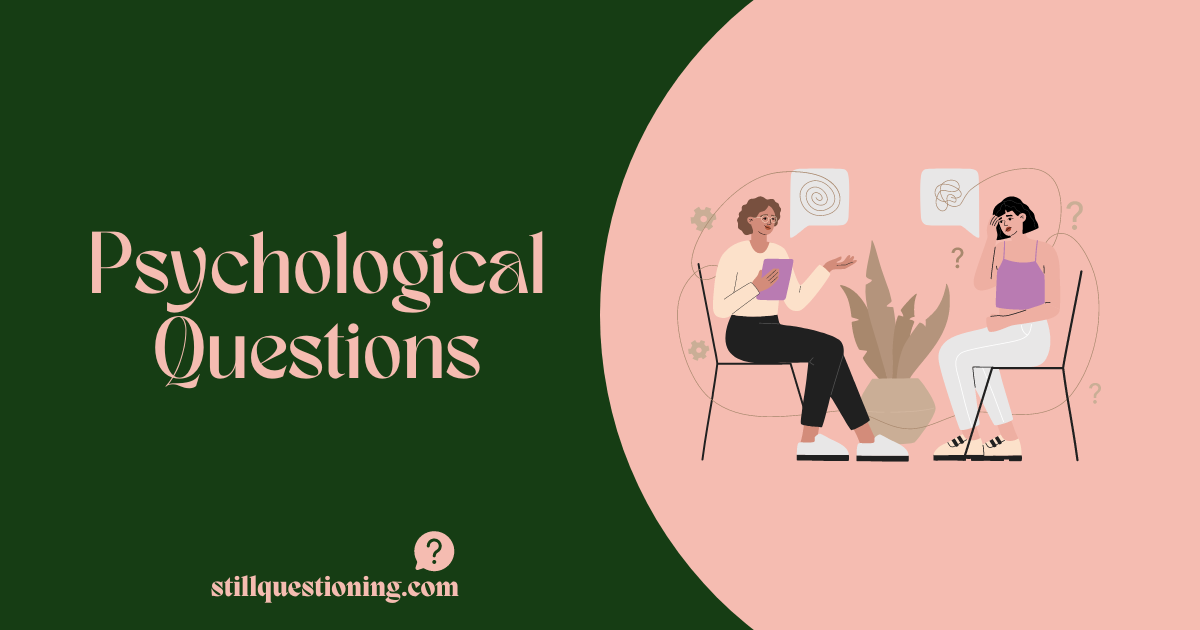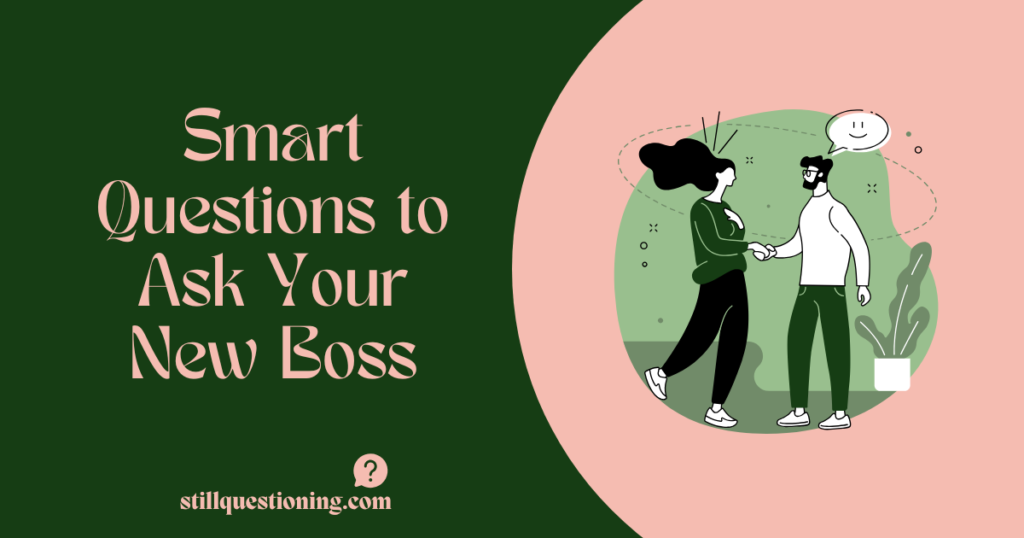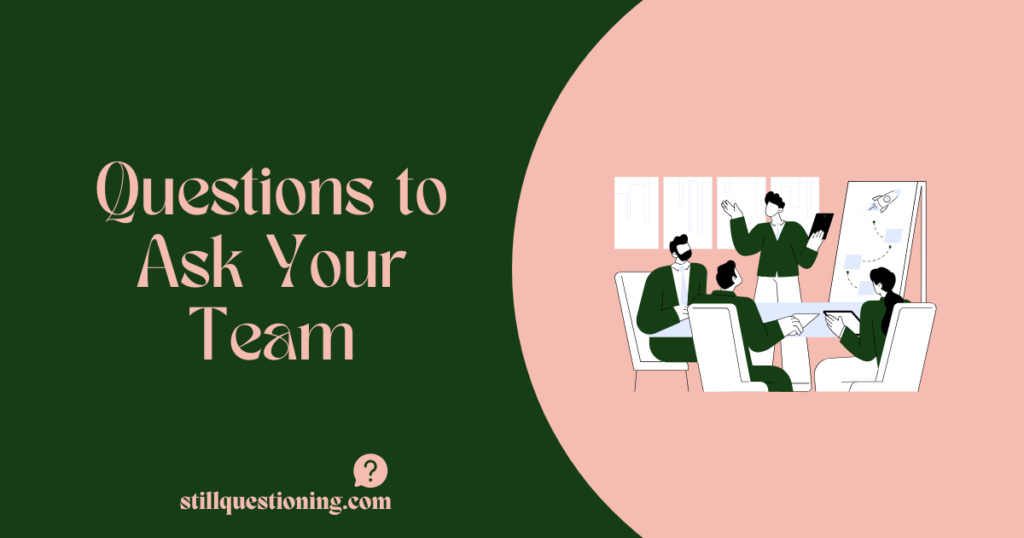The human mind is an enigmatic, often frustratingly cryptic puzzle box. If only there were a way to peek inside, to understand what makes people tick. Well, fear not, dear reader! While we may not have a mind-reading device (yet), we do have the next best thing: psychological questions. These are not your run-of-the-mill “How’s the weather?” queries. No, these questions are the Sherlock Holmes of conversation starters, designed to delve deep into the psyche and unearth the mysteries within. Let’s embark on this journey of understanding, shall we?

Table of Contents
Psychological Questions: Asking is an Art
Before we dive into the specifics, let’s set the stage with a bit of context. Asking questions isn’t just about getting answers. It’s an art form. Imagine you’re a detective in a noir film, trench coat and all, trying to understand the suspect. The right question can open up new worlds, while the wrong one might just get you a door slammed in your face (figuratively, I hope).
The Do’s and Don’ts
- Do: Be genuinely curious. People can tell when you’re just going through the motions.
- Don’t: Turn it into an interrogation. Remember, you’re not trying to solve a crime (unless you are, in which case, carry on).
Peeling the Onion: Psychological Questions to Uncover the Layers
The Surface Level: Getting the Ball Rolling
- “If you could have dinner with any three people, dead or alive, who would they be?”
- Ah, the classic. This isn’t just about knowing their favourite historical figures. It reveals their interests, values, and maybe even a sense of humour (if they say “Genghis Khan, for the drama”).
- “What’s the book you’ve gifted the most?”
- Books are windows to the soul, right? This question can show you a lot about what resonates with them.
The Mid-Level: Digging a Bit Deeper
- “What has been a pivotal moment in your life?”
- This is where things get interesting. You’re not just skimming the surface anymore. You’re asking them to share a significant life experience, which can be quite revealing.
- “If you could change one decision you’ve made in your life, what would it be and why?”
- Regrets, we’ve all got them. This question can show you their reflective side and maybe a touch of vulnerability.
The Core: The Heart of the Matter
- “What does your perfect day look like?”
- This is like asking, “What makes you tick?” disguised as a light-hearted question. Clever, right?
- “What are you most afraid of, and why?”
- Now we’re in deep. This can reveal insecurities, fears, and maybe even past traumas. Tread lightly and with empathy.

Reading Between the Lines: Understanding the Answers
Now, this is crucial. It’s not just about the answers themselves; it’s how they answer. Are they open and forthcoming, or more reserved? Do they deflect with humour? There’s a wealth of information in their tone, body language, and even what they choose not to say.
Related Articles:
The Follow-Up: Keeping the Conversation Going
Remember, this isn’t a one-and-done deal. Each answer can lead to new questions and new insights. It’s like a conversational treasure hunt. You never know what gem you might uncover next.

A Word of Caution: Respect and Boundaries
It’s all fun and games until someone gets uncomfortable. Always be mindful of the other person’s reactions. If they seem uneasy or hesitant, it’s okay to back off or change the topic. After all, the goal is to understand, not to pry.
FAQs:
How do I know if I’m asking the right psychological questions?
The ‘right’ question is one that feels natural in the conversation and respects the other person’s comfort level. It should invite reflection or sharing without pushing too hard. If the person you’re speaking with seems engaged and thoughtful in their response, you’re on the right track!
Can these questions help in professional settings, like interviews or team-building activities?
Absolutely! These questions can be great for understanding a colleague or potential employee’s mindset, values, and problem-solving approaches. In team-building, they can foster deeper connections and empathy among team members.
Are there any tools to help remember these questions during a conversation?
Sure thing! One fun way is using a word cloud tool like AhaSlides. You can input keywords from these questions before your conversation. During the chat, you can subtly glance at the word cloud to jog your memory without looking like you’re following a script. It’s a nifty trick to keep the conversation flowing naturally.
What should I do if someone seems uncomfortable with a question?
If someone seems uneasy, it’s important to gracefully change the topic. You can say something like, “I totally understand if that’s too personal. How about we talk about [another topic]?” Always prioritize comfort and trust in your conversations.
How can I improve my question-asking skills?
Practice makes perfect! Try these questions in different settings – with friends, family, or even new acquaintances. Observe reactions and responses, and adjust your approach accordingly. Remember, good listening is key to asking great questions.
Can these questions work in online conversations?
They can, though it might be a bit trickier to gauge reactions without body language cues. Try to be extra attentive to the tone and content of their responses.
Is there a limit to how many of these questions I should ask?
It’s less about quantity and more about the flow of the conversation. If it’s going well and the other person seems engaged, feel free to explore deeper. But if the conversation starts to feel forced or one-sided, it’s a good sign to pull back.
How can I ensure the conversation remains respectful and non-intrusive?
Always keep consent and comfort in mind. If you’re about to ask something personal, it’s okay to preface with, “Is it okay if I ask about [topic]?” This gives the other person a chance to opt-out if they’re not comfortable.
Conclusion: The Power of a Good Question
In conclusion, these psychological questions are more than just conversation starters. They’re tools to build understanding, empathy, and connection. So next time you’re in a social setting, channel your inner detective and ask away. Who knows? You might just uncover something fascinating.
And don’t forget, if all else fails, you can always fall back on, “So, how about that weather?” It’s a classic for a reason.
Remember, every great conversation starts with a question. So, still questioning and staying curious!





